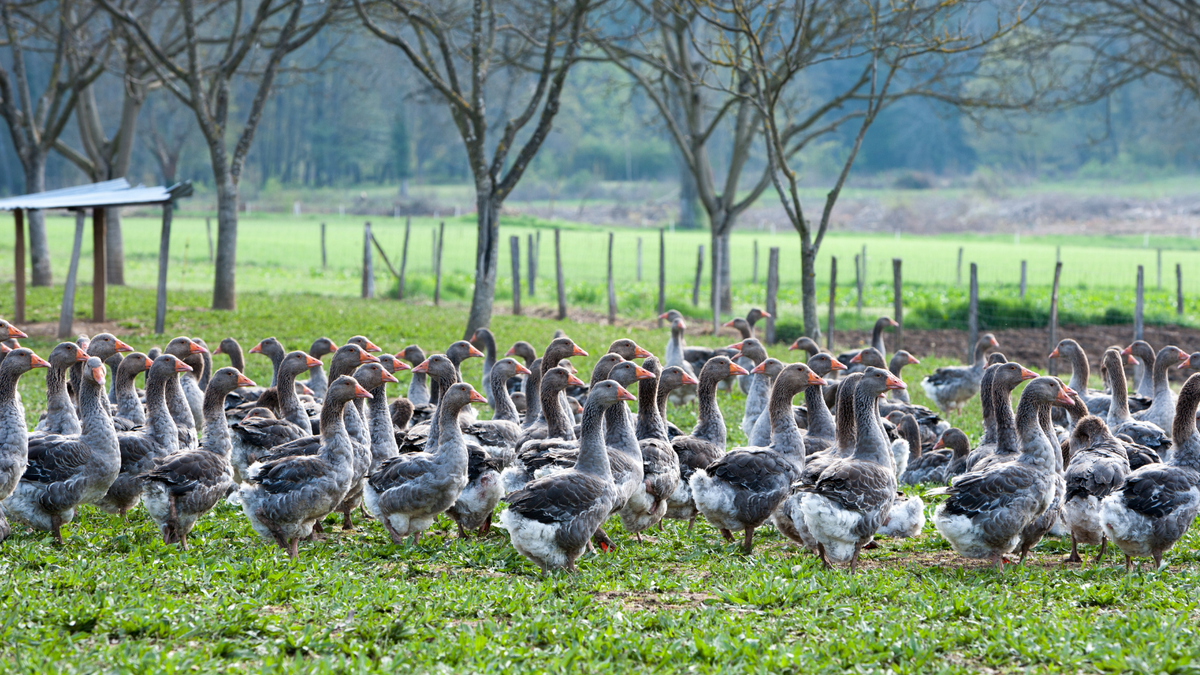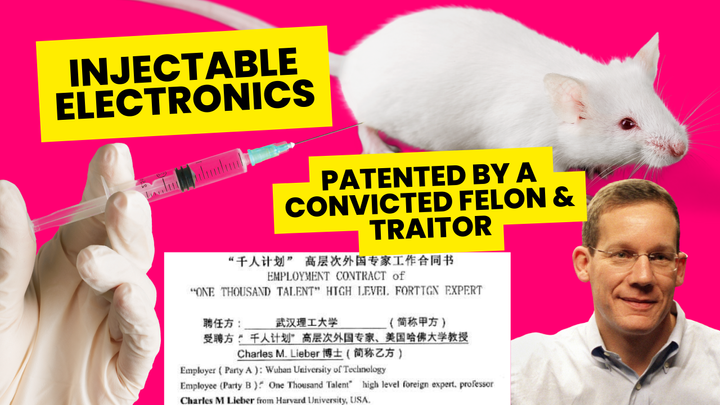Chef Dan Barber Brings Sustainable, Humane Foie Gras to America
Every time I post about foie gras, I get hate mail. Get ready to comment, because here we go again.

Every time I post about foie gras, I get hate mail. Get ready to comment, because here we go again.
Foie gras is one of the most delicious foods on the planet. Not only that, it’s one of the most nutrient-dense foods, full of fat soluble activators including vitamins A, D, E, and K that protect us from all manner of degenerative disease.
It’s also a very traditional food that has been around for thousands of years (can you say Egyptians?).
For these reasons, I will not stop loving foie gras and I will not stop eating it, with no apologies, no matter what anyone says.
Even California Governor Arnold Schwartzenneger, who signed a bill in 2004 requiring that Sonoma Foie Gras “shut down the operation or convert it to another use by 2012 due to demonstrable animal cruelty by force-feeding.” (Source)
I agree with Chef Anthony Bourdain who holds that position that while contemporary foie gras production is not ideal, it truly is no harm, no foul.
Get it? Foul? I made a pun. Sorry, I’ll stop that. I really hate puns.
If you haven’t seen it yet, watch this video of Bourdain showing the truth about foie gras production. It doesn’t look comfortable — but it doesn’t look painful either.
In fact, when my mother went to France a couple of years ago, she visited a foie gras farm.
When she asked if the geese suffered during the gavage or “force-feeding” of grain, the French farmer laughed and said, “Are you kidding? They line up for it!”
But I’m not writing this post to convince you that force-feeding ducks and geese is an practice that should be upheld. Because it turns out there is a better way.
Did you know there is such a thing as sustainable, humane foie gras?
There’s a farmer named Eduardo Sousa who raises geese on an idyllic farm in Spain:
“He provides them with a plentiful spread of regional foods, including figs, nuts and herbs, knowing that the geese will instinctively gorge on food in preparation for the coming winter and long migration south.”
Yes, you heard that right. They gorge themselves. Instinctively.
It’s what they do. Which is how foie gras was discovered in the first place, thousands of years ago.
"By early December the geese at Pateria de Sousa can be seen waddling around the grounds, their swollen bellies nearly dragging on the ground as a result of their gluttony. Sousa harnesses nature whenever possible in order to create a more delicious and ethical product, eliminating the need for force-feeding."
Now Chef Dan Barber, owner of Blue Hill Restaurant in New York, is working to recreate Sousa’s sustainable model for producing truly free-range foie gras from non-force-fed geese here in the United States.
Watch him tell the story in the video below. Watch the whole thing because it will blow you away:



Comments ()